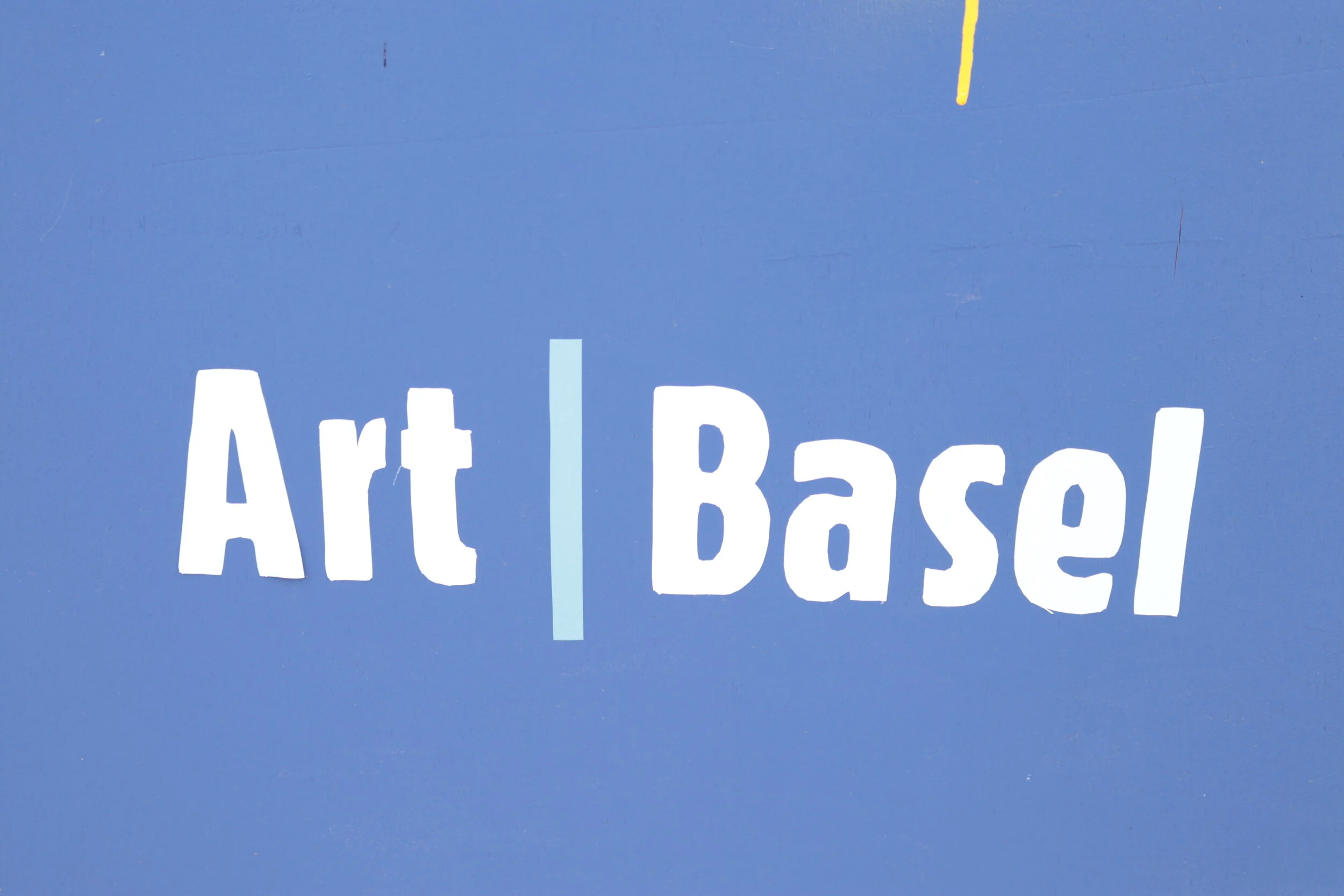Context
In recent years, myriad links between culture, creativity and economic practice have become major topics of interdisciplinary debates. There is a growing consensus that the intersections between these spheres, and symbolic and culturally embedded values in particular, pervade the global economy. Culture is not confined to artistic practice or heritage, nor is creativity confined to networks of creative workers and entrepreneurs: culture and creativity are practiced by workers and individuals in a range of occupational, institutional and geographical settings. Indeed, far from being restricted to global cities and urban settings, a growing body of research highlights the presence and uniqueness of cultural and creative activities in suburban and rural settings and across the Global South. Moreover, digital technologies and processes of globalization continue to create, destroy and restructure the markets and conditions under which cultural production, intermediation and consumption are undertaken and experienced. These are in turn underpinned by a plurality of micro-spatialities and micro-processes through which the dynamics and spaces of culture and creativity emerge. Together, this underlines the importance of paying critical academic attention to the particularities of the different social, political, technological and cultural models that enable, hinder or displace the creative and cultural economy. For research and policy, there is a strong need to generate nuanced and tempered accounts which understand both the potentialities and limitations involved in the intersections of culture, creativity and economy. There is a need to pursue new research avenues that not only encompass but go beyond critical engagement with policies. For example, a “critical agenda on critical approaches” might unveil significant aporias and pitfalls in the ways we study the webs that tie culture, creativity and economy together. More than ever perhaps there is a need for critical and radical academic debate that addresses questions about the value and values inherent in culture and creativity; questions surrounding the ownership and marketization of culture and creativity; and the dynamics of cultural and creative spaces, production and work.
Purpose
The European Colloquium on Culture, Creativity and Economy (CCE) provides a forum to address these international and interdisciplinary issues. The event aims to bring scholars together in an exciting, intense and dynamic meeting to generate new networks, knowledge and approaches. Participants get the chance to share ideas, receive feedback on current research and to preview cutting edge research in the field.
The Program
The colloquium typically includes up to 30 post-doctoral fellows, research fellows and faculty members from a range of disciplines and institutions in Europe who share a common interest in culture and creativity. The format consists of themed panels, one-on-one discussant blocks where assigned partners discuss each other’s work and brainstorm future collaborations and walking tours.
Events
2019 - Basel - October 10-11
Full Program (PDF)
Colloquium Series Organizers: Taylor Brydges, Stockholm University, Atle Hauge, Inland Norway University of Applied Sciences, Brian J. Hracs, University of Southampton, Johan Jansson, Uppsala University, Dominic Power, Stockholm University & Jenny Sjöholm, ULinköping
Local Organisers: Tina Haisch and Judith Nyfeler, University of Applied Sciences and Arts Northwestern Switzerland
2018 - Stockholm, October 4-5
Full Program (PDF)
Colloquium Series Organizers: Taylor Brydges, Stockholm University & University of Bern, Carol Ekinsmyth, University of Portsmouth, Atle Hauge, Inland Norway University of Applied Sciences, Brian J. Hracs, University of Southampton, Johan Jansson, Uppsala University, Cecilia Pasquinelli, Gran Sasso Science Institute, Dominic Power, Stockholm University, Suntje Schmidt, Leibniz-Institute for Research on Society & Space, & Humboldt-Universtität zu Berlin, Jenny Sjöholm, University of London Royal Holloway & Linköping University, Suzanne Reimer, University of Southampton.
2016 - Seville, OCTOBER 6-8
Full Program (PDF)
Colloquium Series Organizers: Brian J. Hracs - Geography and Environment, University of Southampton, Taylor Brydges, Johan Jansson, Dominic Power - Department of Social and Economic Geography, Uppsala University, Cecilia Pasquinelli - Gran Sasso Science Institute, Jenny Sjoholm - Linköping University
2015 - Florence, October 8-10
Full Program (PDF)
Colloquium Series Organizers: Brian J. Hracs - Geography and Environment, University of Southampton Taylor Brydges, Johan Jansson, Dominic Power, Jenny Sjöholm - Department of Social and Economic Geography, Uppsala University Cecilia Pasquinelli - Gran Sasso Science Institute
Local Organizers: Luciana Lazzeretti, Francesco Capone, Niccolò Innocenti - University of Florence
2014 - Amsterdam, October 9-10
Full Program (PDF)
Colloquium Series Organizers: Brian J. Hracs - Geography and Environment, University of Southampton Taylor Brydges, Johan Jansson, Cecilia Pasquinelli, Dominic Power, Jenny Sjöholm - Department of Social and Economic Geography, Uppsala University
Local Organizers: Barbara Heebels, Robert Kloosterman - Geography and Planning, the University of Amsterdam
2013 - Berlin, October 10-11
Full Program (PDF)
Colloquium Series Organizers: Brian J. Hracs, Johan Jansson, Cecilia Pasquinelli, Dominic Power, Jenny Sjöholm - Department of Social and Economic Geography, Uppsala University
Local Organizers: Oliver Ibert - Freie Universität Berlin / Leibniz Institute for Regional Development and Structural Planning & Lech Suwala - Department of Geography, Humboldt University
2012 - Uppsala, October 4-5
Full Program (PDF)
Colloquium Series Organizers: Brian J. Hracs, Johan Jansson, Cecilia Pasquinelli, Dominic Power, Jenny Sjöholm - Department of Social and Economic Geography, Uppsala University





